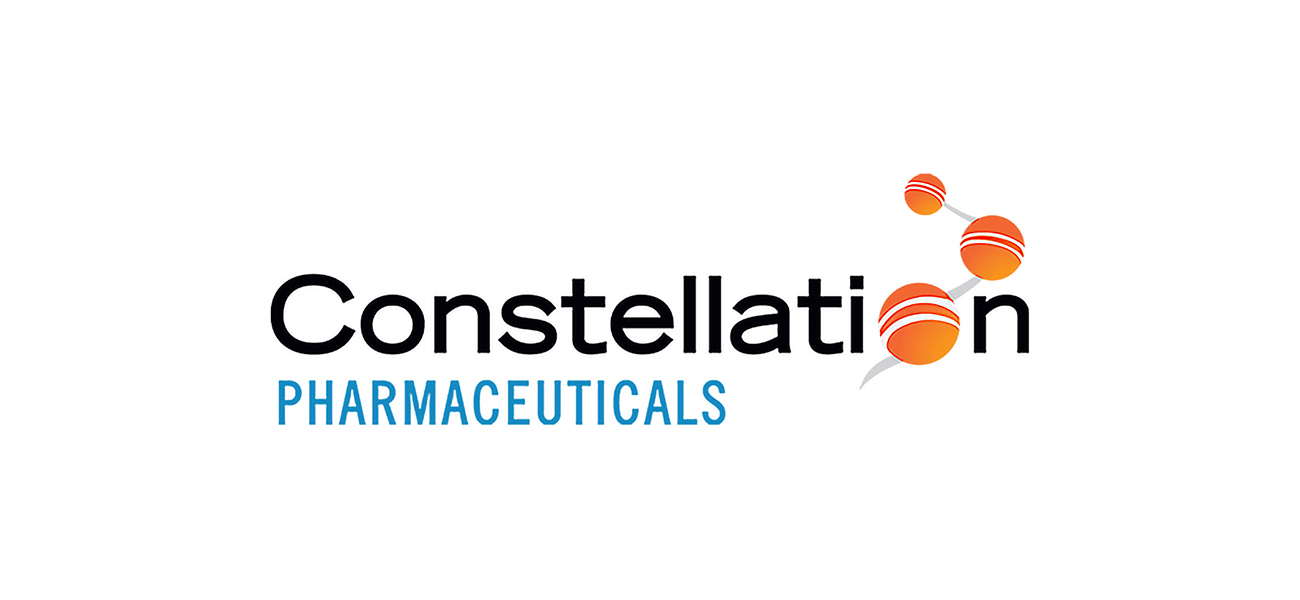CAMBRIDGE, Mass., Dec. 06, 2020 (GLOBE NEWSWIRE) -- Constellation Pharmaceuticals, Inc. (Nasdaq: CNST) today announced that two oral presentations and three posters relating to the Phase 2 MANIFEST and the Phase 3 MANIFEST-2 clinical trials of CPI-0610 in myelofibrosis (MF) were presented at the American Society of Hematology (ASH) Annual Meeting and Exposition. The preliminary data in these presentations are based on a data cutoff of September 29, 2020, and reflect an analysis of clinical activity in 63 first-line (1L) and 94 second-line (2L) or later patients.
“We are pleased both with the response rates and consistency of the results we are seeing in MANIFEST,” said Jigar Raythatha, president and chief executive officer of Constellation Pharmaceuticals. “In addition, we are excited by results from our translational studies that suggest that CPI-0610 may potentially be a disease modifying therapy that affects all four hallmarks of myelofibrosis. We are pleased to have initiated MANIFEST-2, our global registrational study of CPI-0610, in JAK-inhibitor-naïve MF patients.”
- 67% spleen volume response rate observed in 63 first-line myelofibrosis patients treated with CPI-0610 + ruxolitinib at 24 weeks
- CPI-0610 demonstrated activity, both as a monotherapy and as add on to ruxolitinib, in second-line or later settings
- Translational data supports potential disease-modifying effects of CPI-0610
Specific Data Highlights
Arm 3 (1L) – CPI-0610 + ruxolitinib in JAK-inhibitor-naïve patients
- 42 of 63 evaluable patients (67%) achieved a ≥35% reduction in spleen volume (SVR35) at 24 weeks (the primary endpoint for Arm 3). The median spleen volume reduction was 50%
- 34 of 60 evaluable patients (57%) achieved a ≥50% reduction in Total Symptom Scores (TSS50) at 24 weeks. The median TSS reduction was 59%
Arm 1 (2L or later) – CPI-0610 monotherapy in JAK-inhibitor-experienced or -ineligible patients
- 7 of 23 (30%) evaluable patients that were not transfusion dependent at baseline (non-TD) achieved SVR35 at 24 weeks, the primary endpoint for cohort 1B. 10 of 21 (48%) evaluable non-TD patients achieved TSS50 at 24 weeks
- 10 of 20 (50%) evaluable non-TD patients who did not receive transfusions 12 weeks prior to treatment achieved a ≥1.5 g/dL increase in hemoglobin
- 3 of 14 (21%) evaluable transfusion-dependent (TD) patients converted to transfusion independence (TI), the primary endpoint for cohort 1A
Arm 2 (2L) – CPI-0610 + ruxolitinib in ruxolitinib-experienced patients
- 6 of 21 (29%) evaluable non-TD patients achieved SVR35 at 24 weeks, the primary endpoint for cohort 2B. 8 of 21 (38%) evaluable non-TD patients achieved TSS50 at 24 weeks
- 13 of 36 (36%) evaluable TD patients converted to transfusion independence, the primary endpoint for cohort 2A

